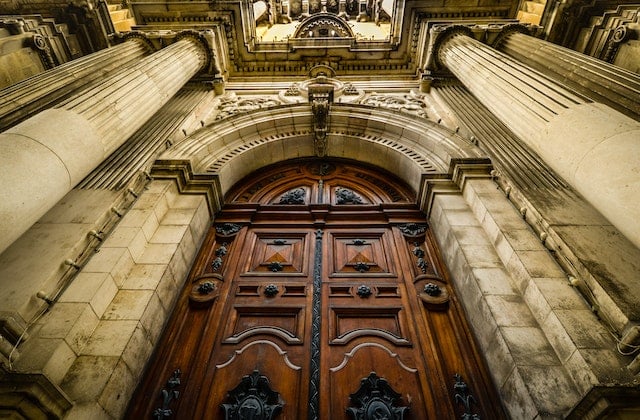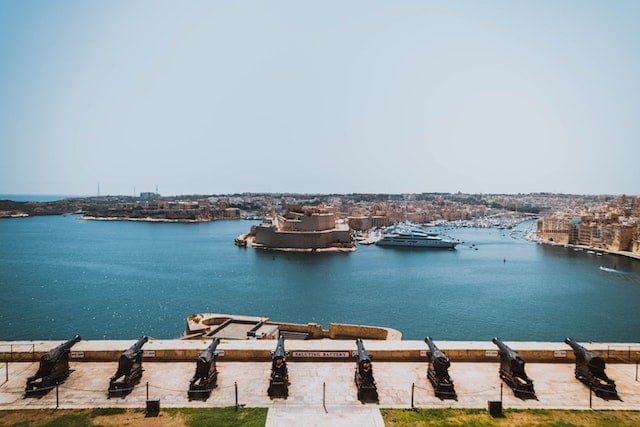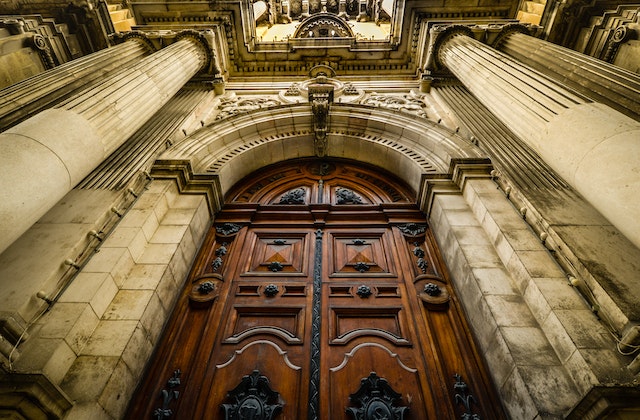
Everyone has heard of online casinos at some point. In the past, casino gaming was largely the domain of brick-and-mortar casinos around the world. However, as soon as the internet became widespread throughout the 1990s, some of the very first international websites focused on card and table games commonly found in casinos.
In other words, though iGaming used to be the domain of capitals like Macau and Las Vegas, it has seen major growth online. That has had a variety of implications for casino operators because online platforms function so differently than their physical counterparts. As such, regulatory bodies that are responsible for managing and overseeing casino platforms have diversified greatly in the last two decades.
For example, if you head to the licensing and regulation page of an online casino, one common feature is MGA. MGA stands for the Malta Gaming Authority, which is one of the world’s premier gaming regulators. It’s one of the most important economic sectors on the small Mediterranean island, responsible for regulating casinos like Wildz and other global brands.
But how did Malta become the home base for some of the world’s most prolific and elite casino companies? And what differentiates it from other gaming authorities located in the UK, Caribbean, and Mediterranean?
The MGA
Let’s dive into the Malta Gaming Authority. It was established back in 2001, riding on the coattails of the online casino boom. The world was in need of virtual regulatory bodies to oversee the dozens of new casino companies popping up—and Malta needed an economic boost.
The MGA was introduced in order to help regulate different types of casino sectors. Its overarching goal is to maintain fairness and transparency in casino operations, which it does to help protect players, companies, and employees. By doing this, companies can remain in compliance with local laws wherever they operate.
In other words, the MGA set itself up as a premier regulatory body, and it has since become recognized as one of the best gaming authorities that casino brands can work with in order to demonstrate their dedication to fairness and visibility.
Since the MGA formed in 2001, Malta’s economy has opened its doors to casino operators of all stripes. Not only does it handle B2C exchanges, but also B2B services. These cover casino operations, as well as betting offices, fantasy sports, and lotteries. Today, it’s estimated that around 12% of Malta’s entire GDP comes directly from the MGA.




Other iGaming Giants
Malta isn’t the only place to have pivoted toward iGaming licensing and regulation. Around the world, smaller economies have also leveraged the industry to offer streamlined licensing services. For example, nearby Malta, Gibraltar has also focused on providing licenses to virtual casino platforms.
Similar to Malta, Gibraltar took advantage of the online casino boom of the 1990s, setting up shop in 1998. Though a bit pricier than other gaming authorities, the licenses obtained in Gibraltar are viewed as incredibly strict, which means that gaming companies that obtain this licensing will be attached to the group’s spotless reputation. Meanwhile, the northern island of Alderney is another British gaming authority that’s considered an industry standard, like Gibraltar and the MGA.
However, there are also plenty of authorities based in tropical climates far away from Europe. For example, the Antigua and Barbuda gaming authority has been active since 1994. Remember when we discussed the very first online casinos that launched in the 1990s? Most were based in the Caribbean, which means this licensing group has had ample experience in regulating various virtual markets. Similarly, Costa Rica has also had a longstanding approach to gaming regulation, active since 1999.
Interesting Related Article: “Hiring A Real Estate Agent in Malta“







